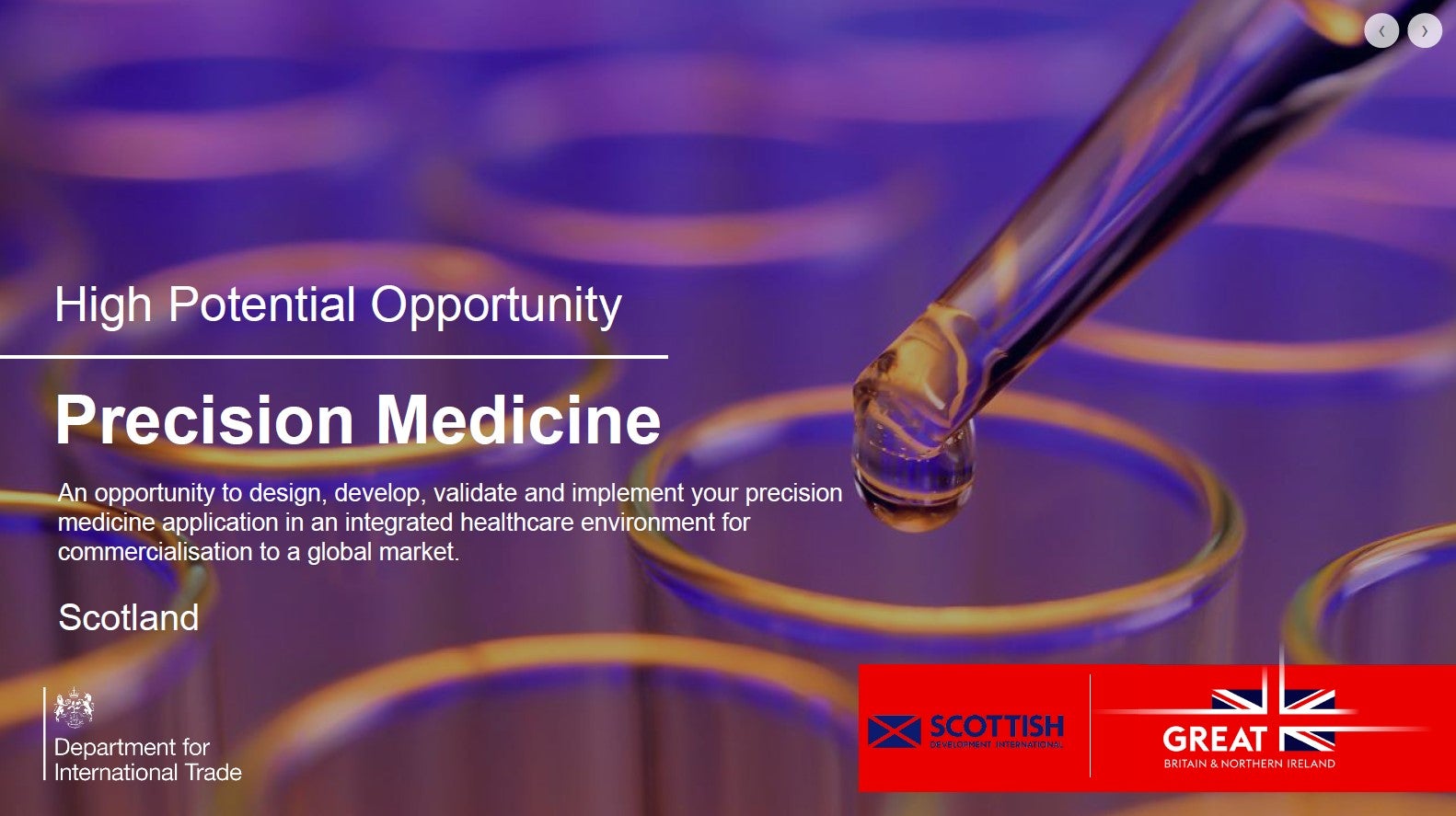The pharma industry has struggled for years with a poor reputation due to high drug prices and unethical business practices. Any increase in drug prices, especially amid a pandemic, negatively impacts access to medication for many patients. Millions of individuals are enduring sickness, hardship from unemployment, and reduced income due to COVID-19.
This would be an excellent time for pharma companies to embed access to medication into their business practices. Over the last half-century, pharma advances have made it possible to treat a broad spectrum of illnesses. The entire process of developing a drug from preclinical research to marketing can take up to 18 years and cost between $2bn and $3bn, with only about 10% of candidates completing clinical trials and gaining regulatory approval. While investors demand high prices that will maximize return on investment, the public demands new drugs with prices that are accessible and affordable, and health system managers demand fair and justifiable prices.
Additionally, consumers in healthcare are patients with medical needs and do not always have time to wait until patents expire and prices fall. Unlike consumers in all other industries, patients with medical needs are vulnerable. They often need to pay for immediate services and treatments using collective financing such as national health services or private insurance. Ultimately, this can result in companies with in-demand drugs setting high prices that exceed the standard definitions of value for money and the actual development cost.
Dramatic drug price increases have been witnessed across all disease areas. For instance, Gilead Sciences, a biopharmaceutical company, faced a significant challenge during the COVID-19 pandemic due to its pricing of remdesivir. Within days of the emergence of SARS-CoV-2, the pharmaceutical industry and governments across the globe mobilized to respond. Companies assessed existing drugs to determine safety and efficacy against COVID-19, with Gilead swift to identify remdesivir, previously given an Emergency Use Authorization (EUA) by the US Food and Drug Administration (FDA) during the Ebola epidemic. As remdesivir was increasingly used across the globe, Gilead was under pressure to reduce its pricing for the drug. The company issued 1.5 million doses at no cost, invested $1bn for development and manufacturing, and highlighted that it would not be price gouging. Estimates suggest that the drug costs more than $3,000 per five-day course and is no more effective than less-expensive steroids that are readily available and well known.
There is growing pressure on organizations, governments, and regulators to question whether drug prices exceed value for money and are accurately compensating for investment in R&D. In June 2020, a coalition of 51 US states and territories filed a lawsuit in federal court. They accused 26 drug manufacturers of conspiring to fix drug prices and allocate markets, thereby reducing competition and increasing generic drug prices. The companies facing legal action include Novartis’ Sandoz, Teva Pharmaceuticals’ Actavis, Mylan, Pfizer, and other drugmakers accused of conspiring to rig the market between 2009 and 2016 for more than 80 drugs.
Despite the increased pressure to stop drug price gouging, there is still a long way to go. There are no easy solutions to the problem. However, drug companies have a responsibility to implement ethical business practices to ensure that medication is available to all patients at an affordable price.

US Tariffs are shifting - will you react or anticipate?
Don’t let policy changes catch you off guard. Stay proactive with real-time data and expert analysis.
By GlobalData





